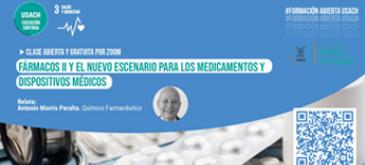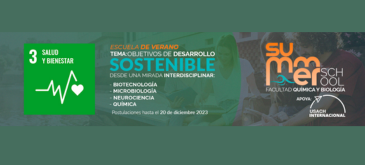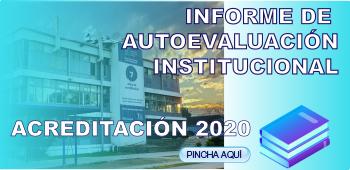Clase abierta y gratuita: Fármacos II y el nuevo escenario para los medicamentos y dispositivos médicos
Madrid Montecinos Rodolfo
Injury of sensory axons at peripheral nerves endings produces functional changes in the damaged neurons. These changes include an abnormal firing of nerve impulses, both spontaneous and evoked, causing anomalous sensations like dysesthesias and neuropathic pain. Neuropathic pain is to a large extent refractory to treatments with traditional analgesics and anti-inflammatory drugs. Unlike inflammatory pain, many of the molecular determinants associated with the development and maintenance of neuropathic pain are still poorly understood. Cold allodynia (pain caused by a stimulus of innocuous cold) and hyperalgesia to cold (increased sensitivity to a potentially painful cold stimulus) are two common forms of peripheral neuropathic pain. Thermosensitive TRP (Transient Receptor Potential) channels and several K channels have been proposed to be involved in this phenomenon. The main goal of our research is to determine the cellular and molecular bases underlying the altered transduction of thermal stimuli in damaged primary sensory neurons, and to clarify the role of these thermosensitive ion channels in the biophysical modifications occurring in nociceptors and thermoreceptor neurons following injury.










